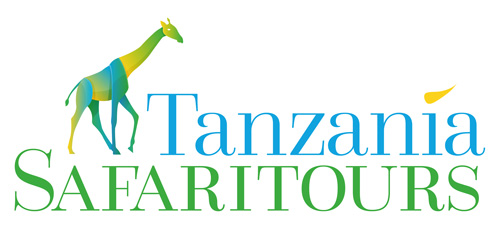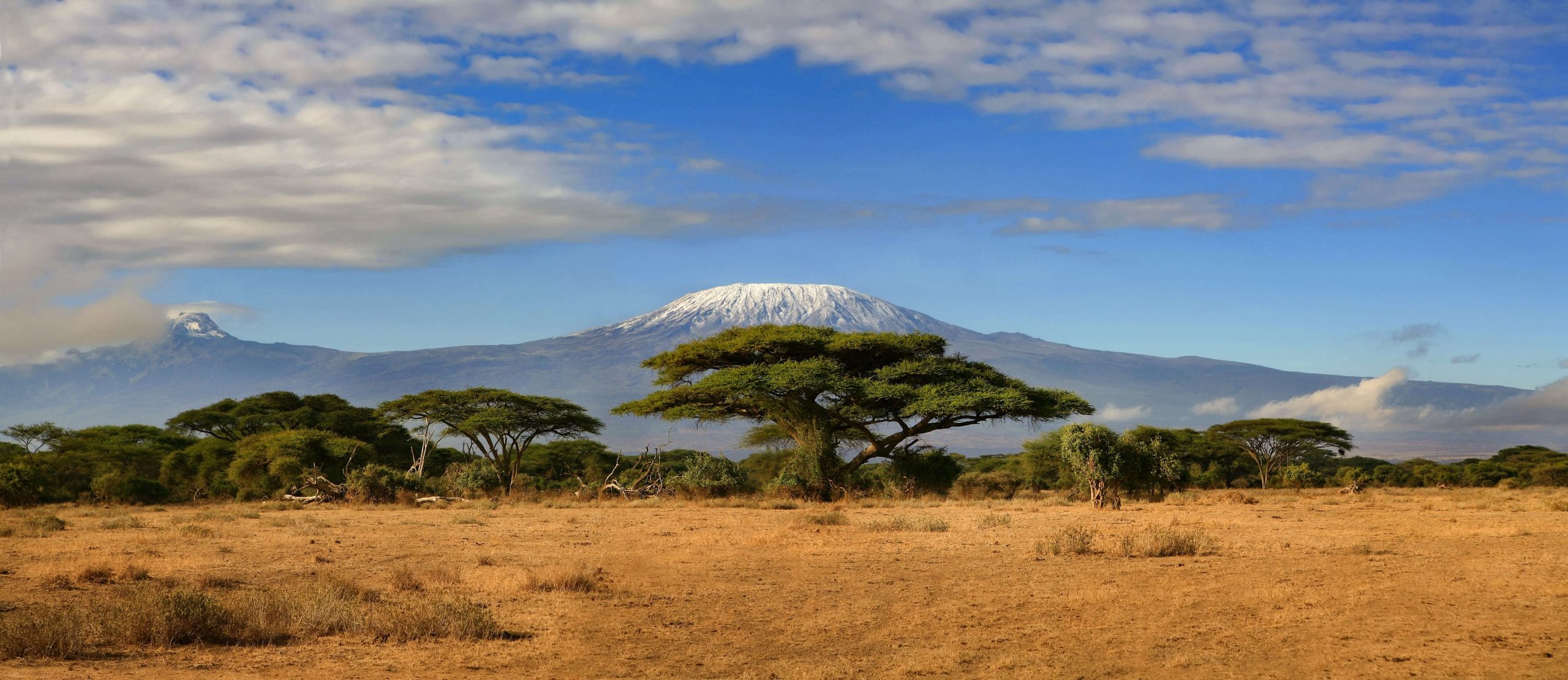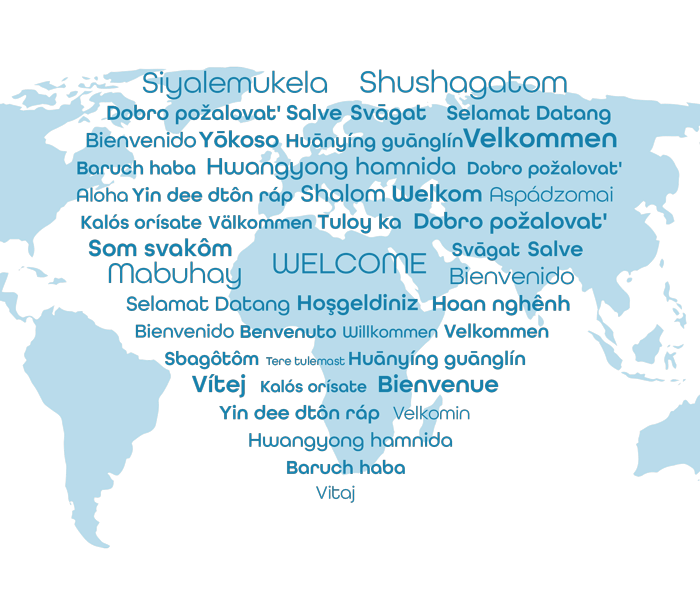The only route that begins on the northern slope captivates with its lonely hiking experiences
ITINERARY:
DAY 1:
Rongai Gate – Rongai Cave (Simba Camp)
Day one begins with a 4 hour drive from Arusha to the village of Nare Moru where the Rongai Route trek starts. The trail begins along a wide path that winds through fields of maize and potatoes and then enters a pine forest. The route then begins to ascend gently through the beautiful forest. The forest begins to thin out as it reaches the Rongai cave ( Simba Camp), you camp for the first night on Kilimanjaro Rongai.
Distance: 4 miles
Altimeter: 6,398ft-9,300ft
Hiking time: 3-4 hours
DAY 2:
Rongai Cave – Kikelelwa Cave
Your morning’s walk is a steady and gradually ascending trek to the Second Cave camp where you will stop for lunch. You will then leave the main trail and cross the moorland on a smaller path towards Mawenzi Peak. The Kikelewa camp is situated in a sheltered valley near the Kikelelwa cave.
Distance: 6 miles
Altimeter: 9,300ft-11,811ft
Hiking time: 6-8 hours
DAY 3:
Kikelelwa Cave – Mawenzi Tarn
Day Three is a short, steep climb up a grassy slope, when you reach the top you will be rewarded with an amazing view of Kibo and Mawenzi Peak. The vegetation will diminish as you enter the barren alpine desert zone. Mawenzi Tarn camp is situated directly beneath the towering spires of Mawenzi Peak. The afternoon can spent relaxing in camp or exploring the area around Mawenzi.
Distance: 4 miles
Altimeter: 11,811ft-14,160ft
Hiking time: 3-4 hours
DAY 4:
Mawenzi Tarn – Kibo Hut – Mawenzi Tarn
Day four is an acclimatization day, with a short trek up to the Kibo hut and then back to Mawenzi for a second night.
Distance: 4 miles
Altimeter: 14,160ft-15,430ft
Hiking time: 3-6 hours
DAY 5:
Mawenzi Tarn – Kibo Hut
From Mawenzi you will again cross the alpine desert zone of Kilimanjaro and the saddle between Mawenzi Peak and Kibo to reach the Kibo Huts at the bottom of Kibo’s crater wall. The afternoon is for resting and preparing for the climb to the summit.
Distance: 5 miles
Altimeter: 14,160ft-15,430ft
Hiking time: 5-6 hours
DAY 6:
Kibo Hut – Uhuru Peak – Horombo Hut
Summit Night! You will be woken at around midnight, for light breakfast before setting off into the night. You will ascend over scree and rocks until you reach Gillman’s Point at the crater rim at dawn where you will rest briefly before continuing to the summit Uhuru Peak. This is the most challenging part of the Kilimanjaro Rongai route trek for most climbers with the highest chance of suffering from altitude sickness. Take in the view from the summit and ensure you have taken plenty of photographs before starting your descent to Kibo Hut where you will rest and eat Lunch. You will then trek across the saddle to Horombo Hut for your final night on Kilimanjaro.
Distance: 14 miles
Altimeter: 15,430ft-19,340ft-12,205ft
Hiking time: 11-14 hours
DAY 7:
Horombo Hut – Marangu Gate
After your final breakfast pack your bags and descend through the moorland zone to the Mandara Huts. You will stop for and then continue down through the rainforest until you reach the park gate in the early afternoon. You will then drive back to your hotel in Moshi, for a celebratory drink and shower!
Distance: 12 miles
Altimeter: 12,205ft-6,046ft
Hiking time: 5-7 hours
7 days hiking
+ 2 days spent at hotel/lodge
Cost / person / trip
USD 1850,-
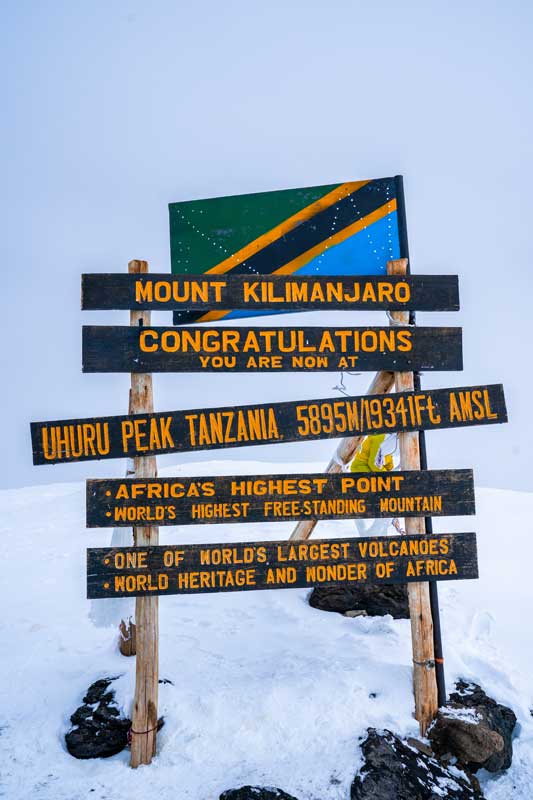
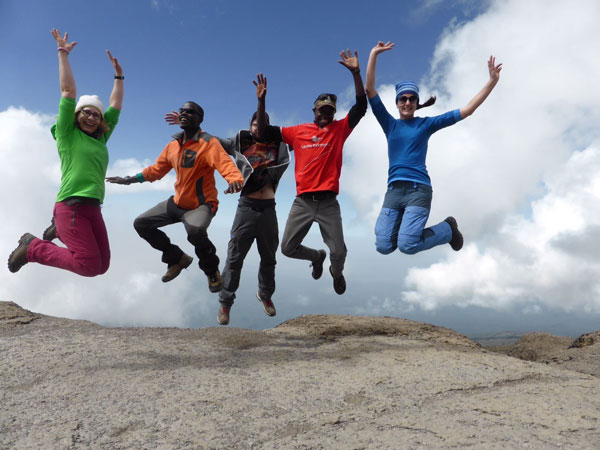
What to bring?
- T-shirts (synthetic materials are best as cotton retains moisture)
- Waterproof thigh-length jacket (Goretex or similar)
- Gloves (waterproof warm outers + thin liners)
- Warm hat (or balaclava) that covers the ears
- Waterproof walking boots (well broken-in)
- Waterproof outer trousers with a warm mid-layer (fleece or down)
- Warm long-sleeved shirt
- Warm walking trousers (not jeans!)
- Thermal underwear
- Walking socks (several pairs)
- Walking shorts
- Trainers or soft shoes for relaxing
- Sun-hat
- Gaiters
- Glacier glasses (or good quality sunglasses preferably with side shields)
- Personal first aid kit & essential medications
- Wet wipes
- Warm sleeping bag (3/4-season)
- Sleeping bag liner
- Trekking poles (they are available locally)
- Small towel
- Head Torch/ Head Lamp and spare batteries
- Spare plastic bags
- Water bottle(s) (minimum 6.3 pint or 3 liters capacity)
- High factor sunscreen and chap stick
- High energy snacks, dried fruit, nuts, and sweets
- A small bottle of cordial or squash concentrate (to liven up the flat taste of boiled water) or electrolytes
Tipping is an accepted part of life in Tanzania, and you will be expected to tip to reward the climbing crew appropriately to keep them motivated to work at their highest ability. You will be briefed on arrival as to when and how much is appropriate, however, depending on the size of your group you should budget on a personal contribution of around $100-$150 for your trek guides, cooks and porters who accompany you on the trek. This does not include the company group leader naturalist guide. Our naturalist guide receives $50 per client. He is the most highly trained person on the trek team.
Price includes:
- Trained Kilimanjaro guides
- All relevant Kilimanjaro Park fees & rescue fees
- Emergency medical evacuation
- All accommodation as described in the itinerary
- Transfers as described in the itinerary
- Drinks on the hike (portable water, tea, coffee & hot chocolate)
Price excludes:
- International flights
- Entry visas
- Gratuities
- Items of a personal nature
- Alterations to this itinerary (i.e. if different accommodations and services are provided then the price will most likely vary up or down)
- Airport departure taxes (unless stated)
- Laundry
- Beverages in hotels (except those in your personal safari vehicle)
- Hospital bills and international evacuation in the event of an emergency
